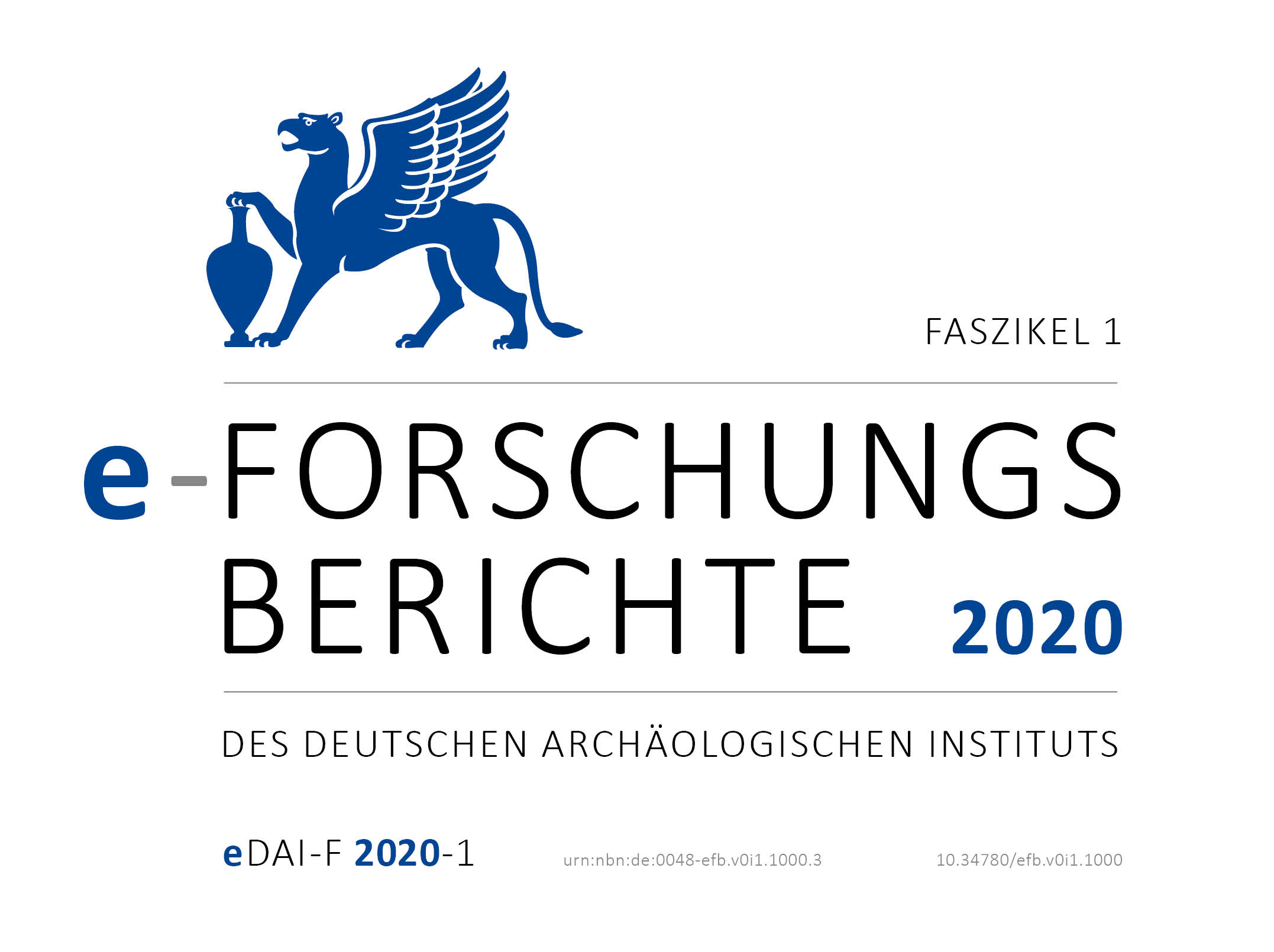Dra‘ Abu el-Naga, Ägypten. Das thebanische Pauloskloster (Deir el-Bachît). Zur Wiederverwendung von pharaonischen Bauteilen in der spätantiken Klosteranlage
https://doi.org/10.34780/efb.v0i1.1002
Abstract
In the Monastery of St Paulos (Deir el-Bakhît, Western Thebes), numerous inscribed architectural elements and grave goods were taken from the surrounding pharaonic tombs by the occupants of the Late Antique complex and reused for their own building projects. These spolia, which were already viewed by the monks as being of ancient origin, stand out due to the fact that they were placed in exposed spaces of the monastery with the decorated and/or inscribed side fully visible. This conspicuous feature, which is also attested in other monastic installations throughout Egypt, suggests that these architectural elements held a very specific meaning for the monastery‘s occupants.





